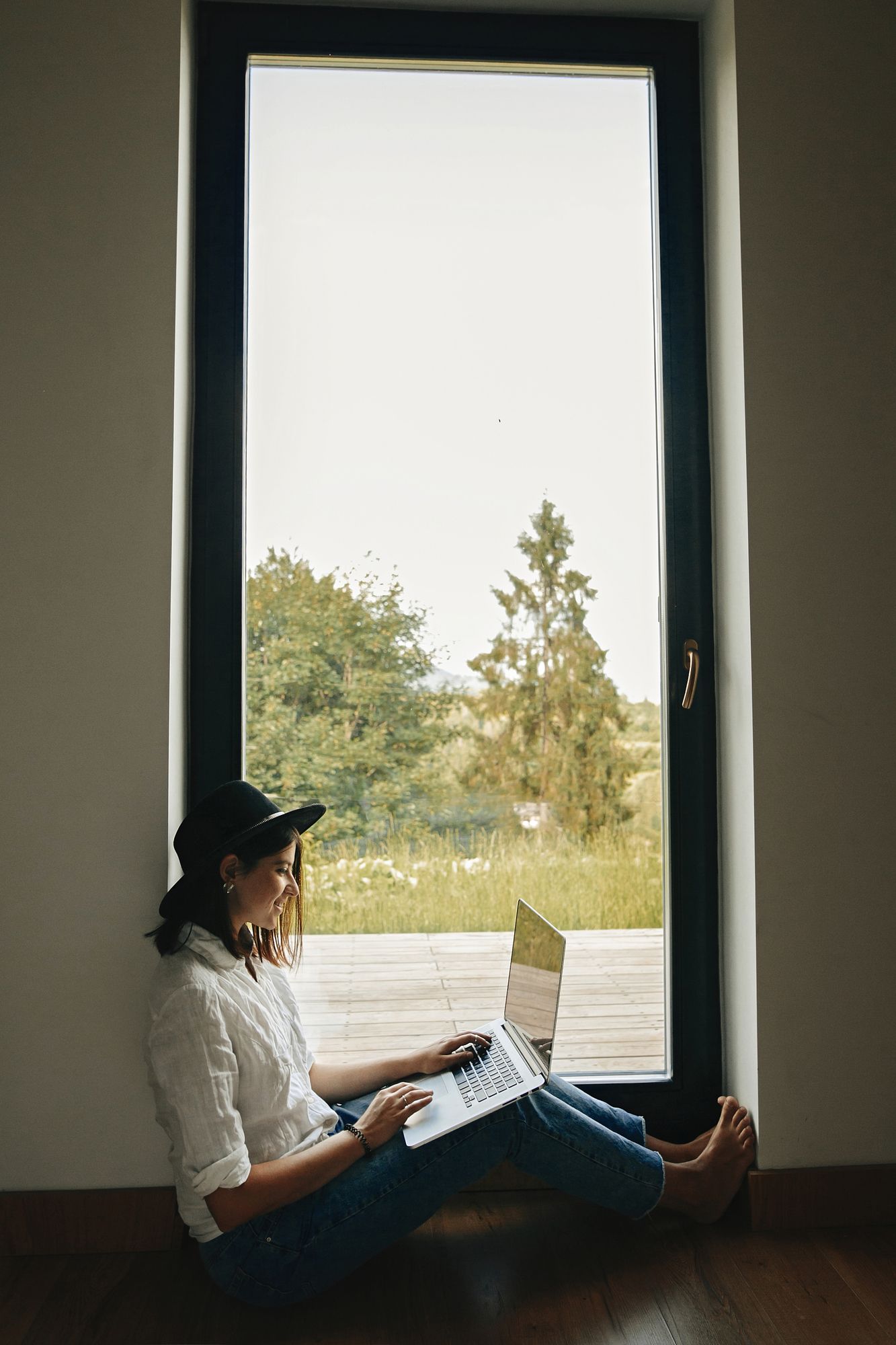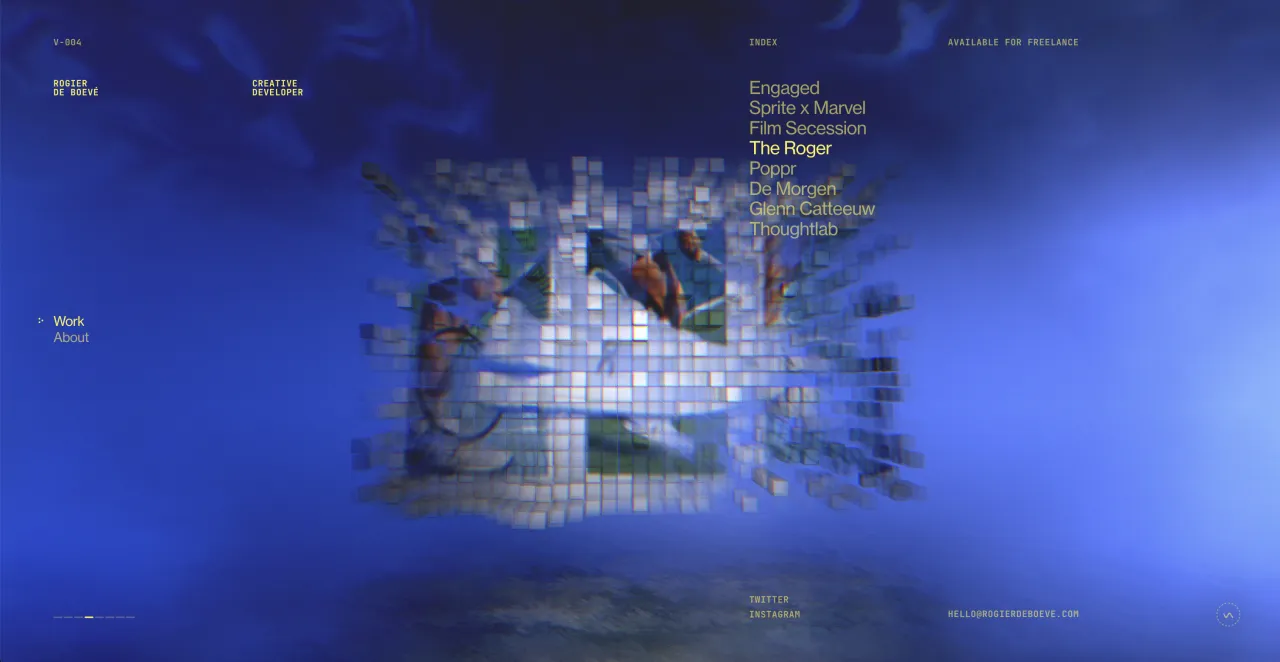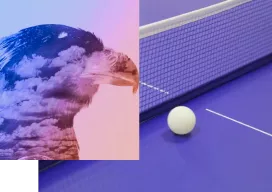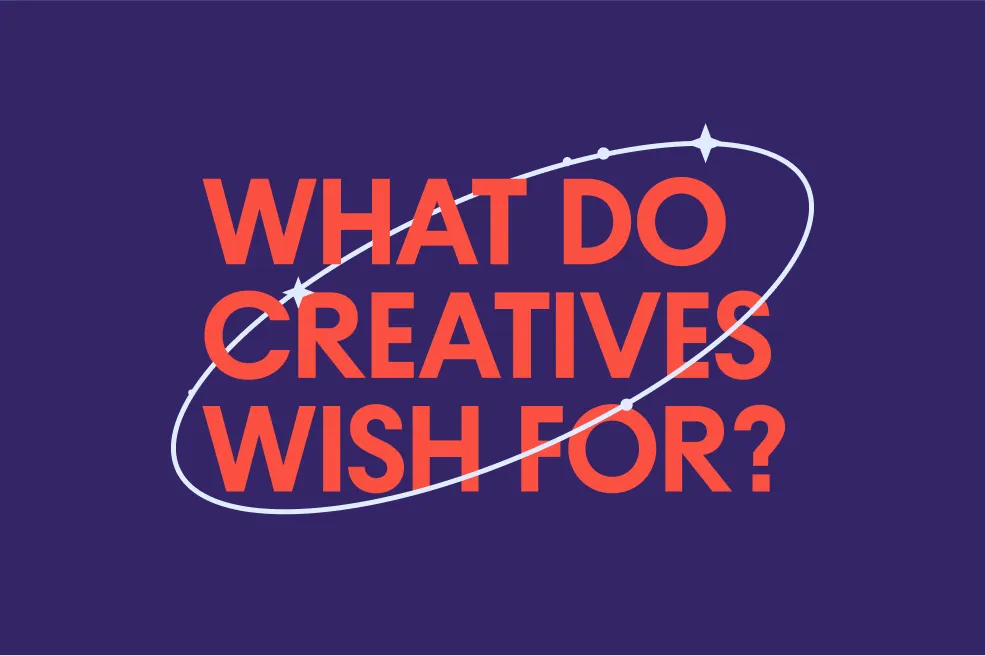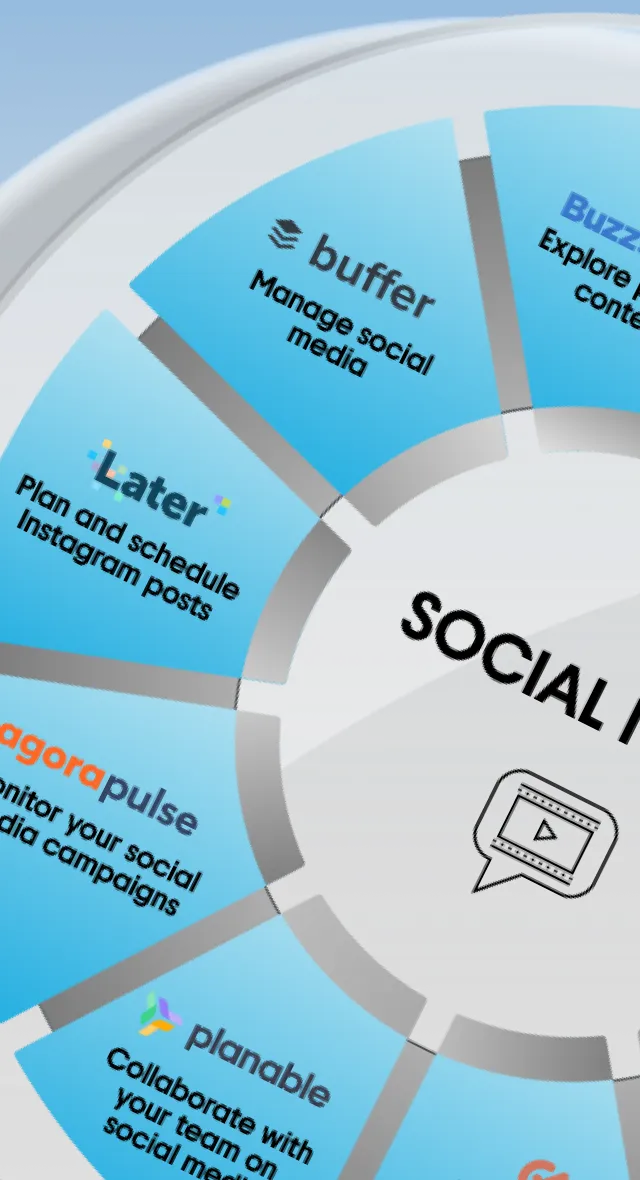New Year’s Resolutions for Creatives in 2022: Tips and Tools
In recent years, making resolutions has become a motivational conversation starter and a negative trigger at the same time. Some people love implementing this concept, while others cannot even stand having a conversation about it. What’s your personal take?
Depending on where you stand and how you approach resolutions, they can both make you or break you. Continue reading to discover some of the most effective ways to make resolutions and actually keep them in 2022.
New Year’s resolutions 101
What’s the core idea of this tradition? It’s pretty simple and straightforward – to improve your life through changing what you do and how you do it. Usually, it’s about getting rid of unhealthy habits, such as smoking or eating junk food. Also, resolutions often involve personal or professional achievements, such as trying a new hobby or getting a raise.
First and foremost, every creative is a human-being, so these or similar goals might be just as relevant for you. However, you can also rely on resolutions to build a creative routine, explore a new medium, make some progress on a project you’ve had in mind for a while, and so much more. Basically, it can be a tool that helps you with any goal.
How to make and keep New Year’s resolutions
Choose what matters to you
People often pick the most common resolutions or ones that are considered important by their social circle. But if you don’t actually care about making a particular change in your life, you’ll face more challenges doing it. And on the contrary, if you focus on a task that’s important to you, the chance of success will be higher.
Be very specific
Coming up with a general statement is another typical mistake when it comes to resolutions and their outcomes. Being more creative is a noble aspiration, but it will barely help you in the long run because it’s too vague. It’s recommended to be as specific as you can. For example, spend 30 minutes painting every single day. That way, the expectations are clear, so you can easily evaluate your progress.
Come up with a proper plan
At the beginning of the year, our hopes tend to be very high. We’re inspired and excited to begin a new chapter. It often feels like everything will be different this time around. But it’s better to be proactive and to create an environment that will make it happen. Figuring out a plan that you’ll rely on is the most effective way to do it.
Make your resolutions SMART
SMART is a term that was introduced back in 1981, and this goal-setting tool has been getting more popular ever since. To make the process of keeping your resolutions easier and more efficient, you need to make sure that they meet these criteria:
Specific. What exactly do you want to achieve and how will you do it?
Measurable. How can you track and evaluate your process?
Achievable. Are your goals realistic based on your current circumstances?
Relevant. Why is a certain resolution important to you and is it the right time for it?
Time-bound. What’s your deadline and when will you check in on yourself?
Set aside some time to think about these questions and come up with honest answers. At first, you might be stuck, but don’t rush and don’t put pressure on yourself. Remember that this whole process is there to help you, not make your life even more stressful and difficult. And these answers can become guidelines you come back to when facing a challenge.
The science behind New Year’s resolutions
The idea of doing something new or big at the beginning of a new year might sound silly and naive. You can definitely do it whenever you choose. However, there’s actually some scientific proof of the value that a new chapter and a clean slate can have.
Katy Milkman, a researcher and professor at Wharton, has dedicated her career to studying Behavioral Economics, Judgment and Decision Making. One of her most significant discoveries is the “fresh start effect”. It turns out that “fresh starts on specific event dates can enable people to be more effective at setting and achieving behavioral-changing goals”.
If you’d like to dig deeper and understand the science of change better, these books can help:
- How to Change by Katy Milkman
- The Power of Habit by Charles Duhigg
- Atomic Habits by James Clear.
Trick the system and begin later
By the end of the year, so many people are stressed out and exhausted. There are deadlines to meet, celebration and travel plans to make, gifts to buy, family members to take care of, and so on. But then, the first of January arrives, and somehow we’re expected to begin a new chapter with energy and enthusiasm. Where are we supposed to get it from?
If this sounds familiar, please know that even though it makes some sense to begin making changes right away, it’s not the only option. Consider taking January slowly to have some time to recharge, make proper plans, and come up with systems that will help you achieve what you aim for. Then, get to your resolutions in February, the shortest month of the year.
This is a slightly surprising lifehack borrowed from Austin Kleon, author and artist. You can read a bit more about it in his blog post.
Ideas for New Year’s resolutions
What if you’d like to make some resolutions, but you have no clue where to start? No worries. It’s normal, and we’re here to share some options.
Declutter and reorganize your space
It might sound boring or even terrifying because it’s such a big task. However, if you divide it into chunks and turn it into a regular routine, you might discover that it’s not that big of a deal. If you see the need to make some changes in your surroundings, think about the ways you could do it on a monthly or even a weekly basis. The Minimalists: Less is Now, a Netflix documentary, can inspire you.
Spend less time on social media
Who wouldn’t want that, right? 64% of Americans claim that these platforms tend to harm their mental health. And yet, it’s so difficult to break this habit and change your behavior. Having a specific goal in mind is crucial here. If you tell yourself to spend less time on social media, you’ll probably fail to do so. It’s just too generic, and it’s impossible to track. But if you decide to spend a certain amount of time there, you’ll know when you should stop and you’ll be able to measure your progress.
Build a new creative routine
Maybe you’re dissatisfied with your schedule or the quality of your work right now. Making some long-term changes in this regard could help you progress with what you produce and how you feel along the way. How about waking up earlier to devote 30 minutes to your personal creative process before a busy day begins? Or skipping a TV show at night to do the same. There are numerous options worthy of consideration, but always remember that you should make the decision based on your particular circumstances and needs.
And just a few more: nourish your community, start a gratitude practice, go on artist dates, complete a dream project, cook new dishes regularly.
Find inspiration in the lives of others
If none of these ideas sound appealing or relevant to you, continue your personal research by finding out more about the lives of successful artists. Nathaniel Drew, a YouTuber focused on self-development, has a series of videos about following the daily routines of people he admires:
Maybe that’s where you’ll discover an approach you’d like to try in 2022. But if Picasso’s routine next to yours sounds daunting, look at your contemporaries. Reading newsletters about routine and creativity can be a great source of inspiration, ideas, and solutions. These are the ones we love and highly recommend:
- From the desk of Austin Kleon
- 3-2-1 by James Clear
- Subtle Maneuvers by Mason Currey
Resolutions for Creatives in a Nutshell
Every year is an opportunity to begin a new chapter of your life and do something differently. If you’re eager to change what you do, how much you achieve, and how you feel, making New Year’s resolutions can help you get there. Choose goals that truly resonate with you, make them as specific as possible, and come up with a plan that will help you along the way. Don’t put too much pressure on yourself and try approaching this exercise as an exciting experience of self-exploration and personal growth.


